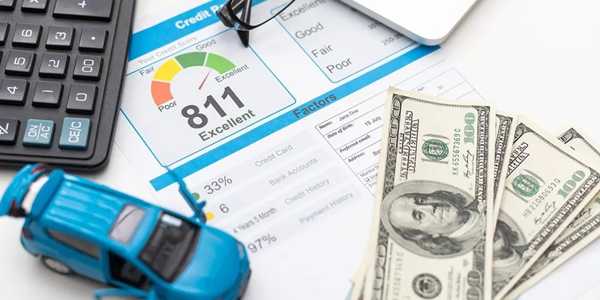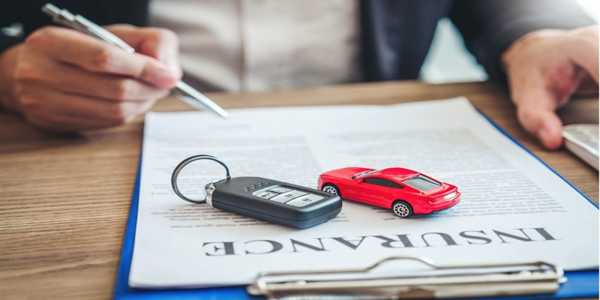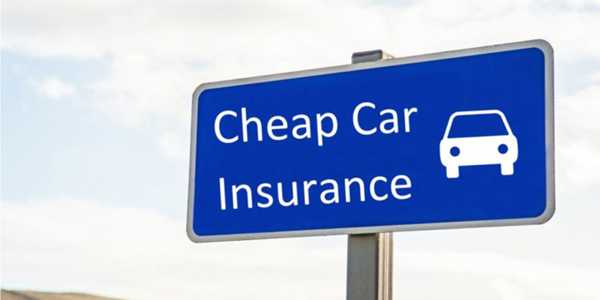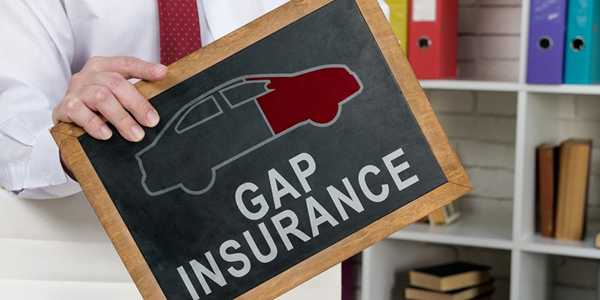Should You Bundle Car And Home Insurance? Here’s What You Need To Know
Have you ever felt like your bills have bills? Between utilities, subscriptions, and insurance premiums, your paycheck disappears faster than a Friday afternoon. So, when your insurance company says you can save up to 25% by bundling your car and home insurance, it sounds like a no-brainer.
But before you click "yes" on that quote, there's a bit more to it. Does bundling save you money—or make things more convenient? Will it make switching insurers harder later? Can it cost you more in the long run?
Let’s break down the reality behind insurance bundling so you can decide if it’s a smart move—or just a shiny sales pitch.
What Does Insurance Bundling Mean?
Think of bundling like a combo meal. Instead of buying your home and auto insurance separately—maybe even from two different companies—you’re buying them together from the same insurer. In return, you’re offered a “multi-policy discount.”
Most big-name companies offer bundles, including State Farm, Allstate, Progressive, and GEICO—you name it. They'll give you one account, one login, and, ideally, one monthly bill.
The appeal here isn’t just financial. It’s about simplicity. You’re not juggling different billing cycles or trying to remember which agent handles what. And when a crisis hits—say your car gets flooded during a home-damaging storm—you only deal with one company for both claims. Less back-and-forth. Less confusion.
But that’s the pitch. Now, let’s get into the real pros and cons.
The Real Savings: Are They Worth It?
Yes, you can save money by bundling. But how much you save isn’t always as generous as the ad suggests.

Here's the truth: "Up to 25%" is a very optimistic ceiling. The average discount tends to hover around 10% to 15%, and it depends heavily on your location, claims history, credit score, and the length of time you've had your policies.
For example, if you're in a high-risk flood or fire zone, your home insurance will be pricey regardless of bundling. And if you’ve had accidents or tickets, your auto policy might not qualify for the best rates—even with bundling.
Insurers also use bundling to increase customer loyalty, known as "stickiness." You're more likely to stay loyal to them because it feels like a hassle to separate policies later. That loyalty might keep you from shopping around—and missing out on better deals elsewhere.
So yes, bundling might save you some money—but only if you're not sacrificing better coverage or cheaper rates that you could get by shopping separately.
Convenience vs. Control: Is Easier Always Better?
It’s undeniably convenient to manage both policies under one roof. One number to call. One renewal date. One agent who (hopefully) knows your full coverage situation.
If you’ve ever had to report a tree that smashed your roof and your parked car in one fell swoop, you know how chaotic it gets to deal with two companies—bundling smooths that out.
But there's a trade-off. When everything is tied together, you lose some flexibility. What if your insurer raises your auto premium after an accident—but your home rate stays low? If you want to switch your car policy to a cheaper provider, you'll lose the bundle discount on your home insurance, too. Suddenly, you're locked in unless you're willing to unbundle both of them.
It’s like switching cell phone carriers when you’re also financing your phone—it can be done, but it’s annoying and sometimes costly.
Before binding both policies, consider how often you shop rates, how likely you are to switch companies, and how much value you place on that convenience.
Service Quality: Will Bundling Get You Better Treatment?
Here's an underrated perk: bundling can improve your status in the eyes of the insurer.
Insurance companies tend to value bundled customers more. You're seen as more loyal and lower risk. That could mean faster service or more flexibility if you file a claim. Some insurers even have dedicated service representatives for multi-policyholders.
Additionally, in rare cases, bundling can provide access to extra perks, such as accident forgiveness, deductible waivers, or priority support. These are the kinds of extras that don't usually show up in quotes but can make a difference when it matters most.
Still, this isn’t universal. Not every company offers better service just because you’ve bundled. So, read reviews. Ask questions. Check how each company handles claims—not just how cheap they are upfront.
When Bundling Might Not Be Worth It
Let's be honest: sometimes bundling doesn't make sense.
For example, if your auto insurance provider doesn't offer competitive home insurance in your area (or vice versa), you could end up overpaying just for the convenience. Many smaller or specialized home insurers don't offer auto insurance.
Another case? You might already have unique discounts with separate providers that outweigh the bundle deal—such as loyalty discounts, claims-free bonuses, or specialized coverage options (like extra hurricane protection in coastal areas).
And don’t forget to consider the long game. If you like to switch auto providers every year to chase better rates, bundling might box you in and cost you flexibility down the road.
Making the Right Call: What Should You Do?
Here’s a checklist of what to look at before you bundle:
Compare Total Costs
Add up both policies separately, then get a bundled quote. Is the discount worth it?
Check Coverage Quality
Sometimes, bundled policies come with stripped-down coverage to keep the cost low. Read the fine print.
Review Claim Reputation
A discount means nothing if the company fails to respond when it's time to file a claim.
Ask About Unbundling Fees

Will you lose other discounts if you decide to split later?
Test Customer Service
Call the insurer. Ask basic questions. See how fast and helpful they are before you sign.
And finally, don't fall for the "set it and forget it" trap. Even if you bundle now, make it a habit to review your policies annually, as prices and coverage options are subject to change. What was a good deal this year might not be next.
Is Bundling Worth It? Only If It Makes Sense for You
Bundling car and home insurance isn't good or bad—it's just one way to structure your coverage. For some, it's a money-saver and a Stress reducer. For others, it's a convenience that comes with hidden costs.
You've got to weigh the numbers, the flexibility, and the real-life scenarios. Don't just look at the discount. Consider what you're giving up to achieve it.
The best insurance setup is the one that protects your stuff, fits your budget, and doesn't make you dread calling your agent.





